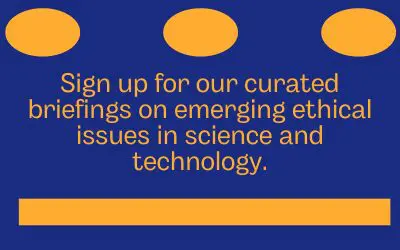Making an Early Commitment to Global Availability of New Medical Technologies
Principal Investigator: Barry S. Coller, Physician-in-Chief at Rockefeller University
Project Leader: Karen J. Maschke, The Hastings Center for Bioethics
Research Team: Vardit Ravitsky, Gregory Kaebnick, and Virginia Brown
Project Start Date: August 2025
Global health depends in part on access to advances in biological science and technology to forestall and treat disease. Scientific and technological advances have had profound benefits as measured by childhood mortality, disability due to disease, and overall lifespan. But there are discrepancies in access to these advances, across the United States and the world. The Covid pandemic not only laid bare the discrepancies, it also made plain that a disease outbreak anywhere in the world can have lasting repercussions for the U.S. The pandemic thus reinforced the need to rethink the global availability of the outcomes of basic biomedical research. As part of this rethinking, all phases of translational research in biomedical sciences should be examined.
This one-year project is designed to better enable scientists engaged in early-stage research to 1) identify the ethical issues at stake regarding global availability of innovations in health and medicine, 2) understand where in the innovation life cycle ethical issues and value conflicts arise, and 3) assess the contributions that the scientists can make at various stages in the innovation life cycle to support and facilitate global availability of health and medical innovations.
Focusing on early-stage research has the advantage of building in sensitivity to the global impact of innovation when there is time to address accessibility and have an impact. Waiting until a technology is developed can be too late because the technology—and the social systems built around it—are harder to modify to meet the needs of individuals in low- and middle-income countries. Basic scientists and early-phase translational investigators are important participants in driving innovation and thus well positioned to shape the norms that guide research, providing a potential multiplier effect.
The research team will initially develop a toolkit that guides scientists to consider questions about the global availability of innovations in health and medicine while engaged in early-stage translational projects. This will be the starting point for the development of additional scholarly activities designed to foster education on the requirements for global access and studies to assess alternative methods to achieve that goal.

